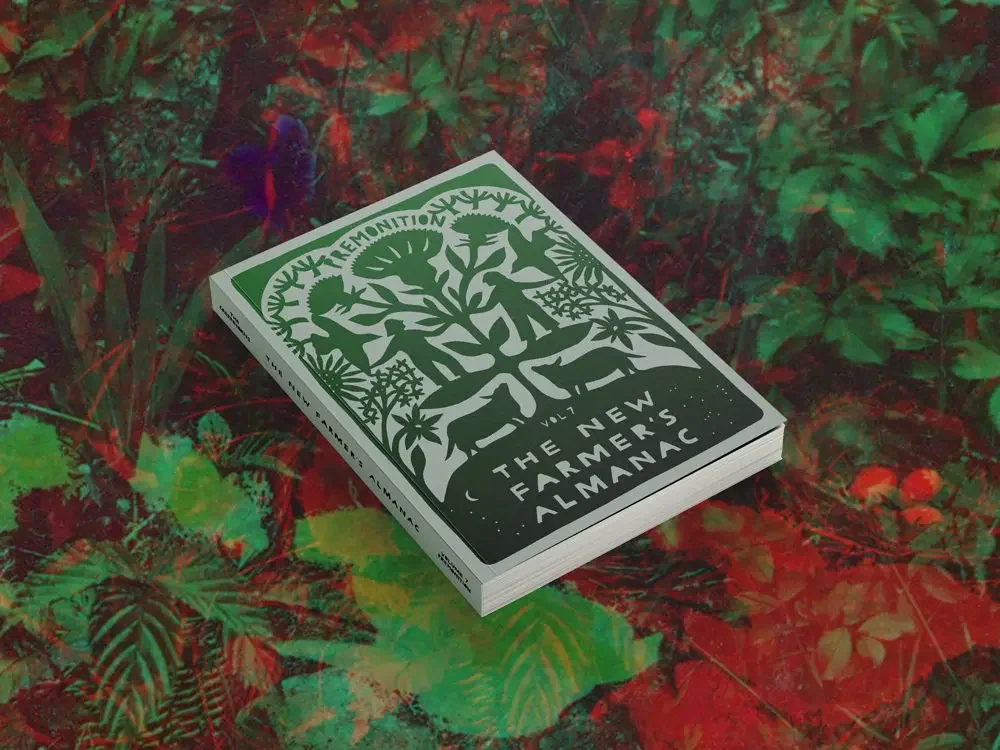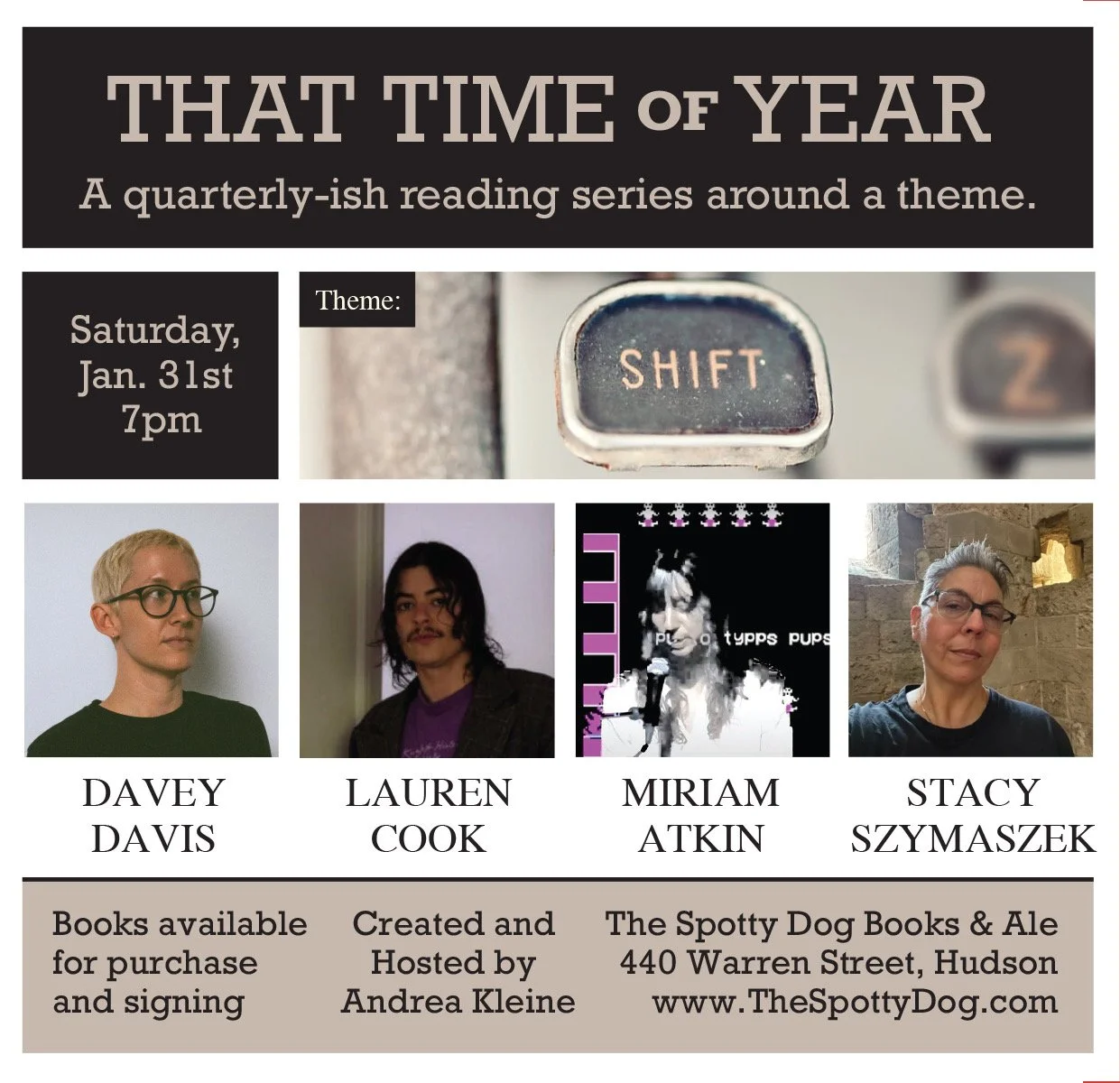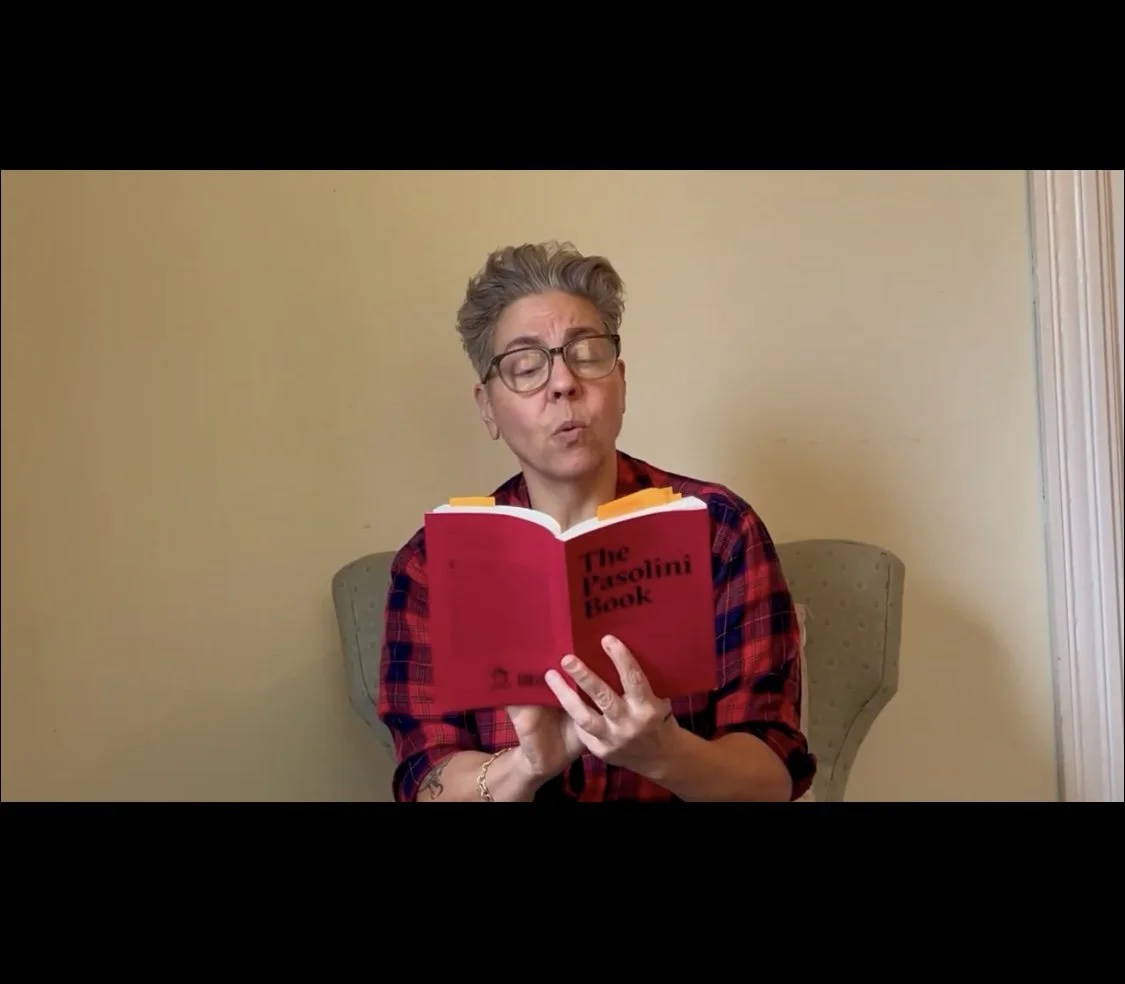Sharing the beginning here—find the whole review here. Matt’s such a good critical writer and I’m really honored to have his attention on my book.
In her book Beasts of Burden (2017), disability scholar and activist Sunaura Taylor identifies overlapping rhetorics of ableism and speciesism to expose the damaging premises of both. Even progressive environmentalists, Taylor points out, “betray a preference for the whole,” celebrating the supposedly more autonomous lives of wild animals over domesticated ones, and preferring to focus on the structural conditions necessary for sustainable farms rather than ascribe value to any particular animals populating them. Sustainability as a system ostensibly requires that we even take a rationalistic view of animal slaughter, a schema under which caring about any individual creature is viewed as “naive and sentimental.” But Taylor interrogates these deep-seated assumptions, showing how they emerge from a fear of embracing interdependency when in fact, as the feminist and disability theorists she cites have long argued, we are fundamentally interdependent beings; denial of this reality has permitted endless exploitation and oppression. Taylor argues, on the contrary, that any animal, however “dependent”—the state they were born into, in a cruel tautological logic—possesses the agency to “speak to us,” if only we pay heed to them “voicing their preferences and desires.”
You already know I’m going to say a poet is the one who can do it. Stacy Szymaszek’s latest work, Essay, opens with a calibrating:
The sunshine hit in such a way
meticulously tracked since the 1600’s
on that May day recovering from food poisoning it was brighter
than my own flame and ushered in an awareness of eternity the
light on my face within the Victorian house now in our care
touched in its duller burning days the faces of poets philosophers farmers actors
I tried for weeks to say even this much
to find a tone to live in for a while

















